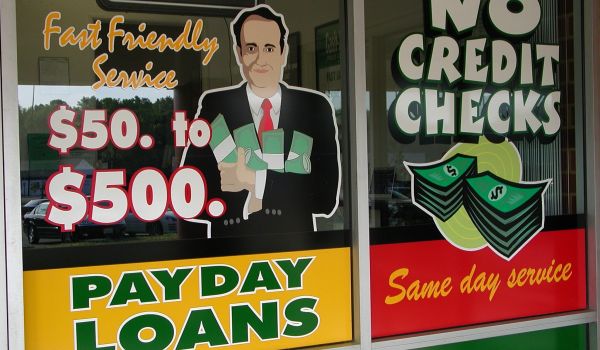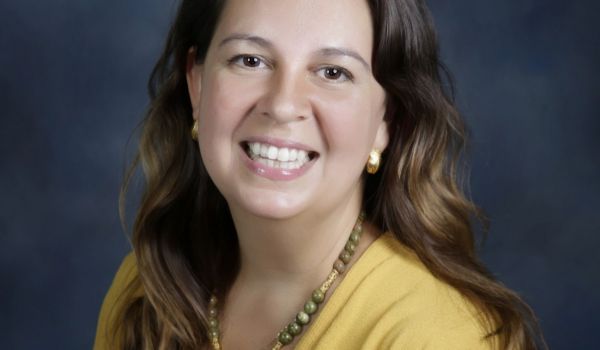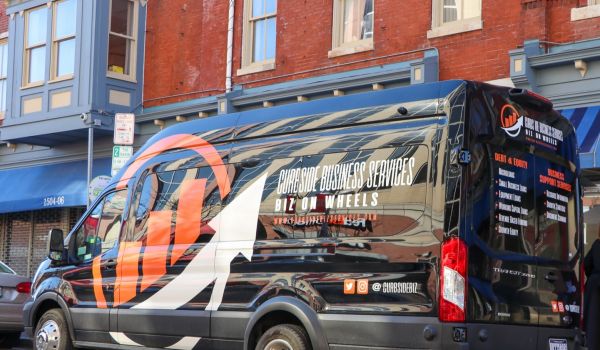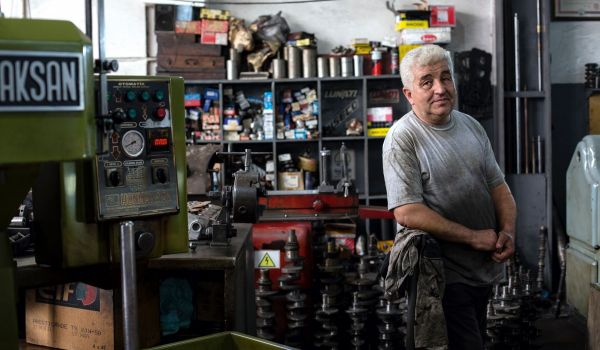When the COVID-19 pandemic lockdowns forced small businesses in California to close, many faced the challenge of paying employees and generally keeping their businesses afloat. Even with programs designed to help, like the Paycheck Protection Program (PPP), business owners from underrepresented groups and vulnerable communities struggled to get assistance.
According to a report by Rocio Sanchez-Moyano, senior researcher in community development at the Federal Reserve Bank of San Francisco, “a coalition that spanned government, universities, small business advocates, lenders and concerned private citizens came together to design a solution that would leverage public funds with private dollars to provide low-cost capital to small businesses that were rebuilding after COVID-19 via loans from CDFIs.”
That solution is the California Rebuilding Fund (CARF), which launched in 2020 as a public-private partnership to help businesses recover. The fund included $75 million from the California Infrastructure and Economic Development Bank (IBank) targeted for CDFIs, which were tasked with allocating the funds.
The report, titled “Lessons Learned From Small Business Lending during COVID-19: A Case Study of the California Rebuilding Fund,” features interviews with 35 individuals to examine CARF’s creation, its impact and future, and how the model could help in other areas.
“CDFIs were chosen as the small business lenders for the program due to their familiarity with serving small business borrowers, especially those that had been left behind in earlier pandemic-relief efforts,” researchers wrote. CDFIs are especially experienced in serving small businesses owned by women, minorities, immigrants and low-income individuals.
Applications were accepted via a centralized CARF platform and matched with a participating CDFI. Loans of up to $100,000 were available. “CARF’s goal is to provide credit that is as affordable as possible to a broad array of small business owners,” the report said.
The influx of public funds helped lower the risk exposure for private investors so that CARF could lower borrowing costs for small businesses and access increased liquidity. Sharing the risk with CARF enabled CDFIs to lend to borrowers that they couldn’t otherwise serve. CARF also benefitted CDFIs by providing the opportunity to expand into new markets, experiment with selling loans and outsource their marketing to reach more borrowers.
The case study highlighted some of CARF’s challenges, including CDFIs’ need to establish underwriting guidelines that aligned with the program and create a process for working with IBank guarantees. Some CDFIs needed to hire additional staff to help process loans.
Despite the challenges, “interviewees expressed a hope that the CARF would live on beyond the pandemic economic recovery as part of an ecosystem to support small businesses in California,” the report says. The fund remains open for applications in 2022.
As the economy rebounds, small businesses will continue to face challenges, such as supply chain problems and labor shortages. CARF enables access to affordable capital via government or philanthropic subsidies and leverages private investment capital.
“The CARF, and other funds like it, provide one possible model for increasing lending to small businesses, particularly to those who struggle the most in obtaining lending from traditional lending institutions,” the report said.

This story is part of our series, CDFI Futures, which explores the community development finance industry through the lenses of equity, public policy and inclusive community development. The series is generously supported by Partners for the Common Good. Sign up for PCG’s CapNexus newsletter at capnexus.org.
Erica Sweeney is a freelance journalist based in Little Rock, AR. She covers health, wellness, business and many other topics. Her work has appeared in The New York Times, The Guardian, Good Housekeeping, HuffPost, Parade, Money, Insider and more.


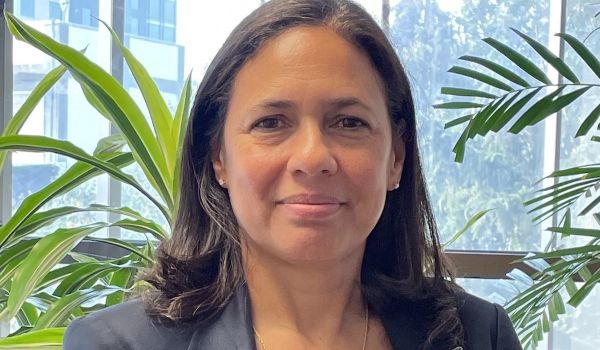
_600_350_80_s_c1.jpg)

